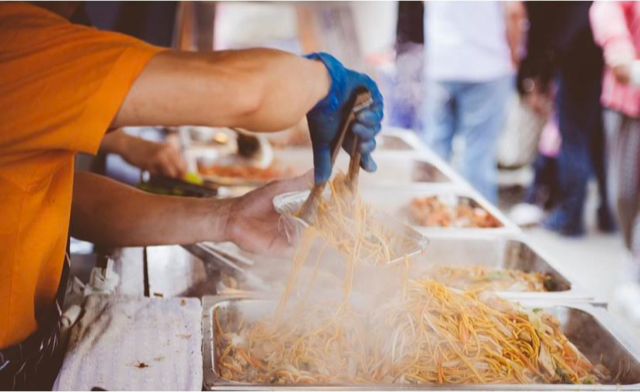Emotional Resilience during COVID-19

Article Review by Pam Forducey, PhD
I read an article published by the Washington Post on March 16, 2020 (https://www.washingtonpost.com/lifestyle/wellness/anxiety-coronavirus-mental-wellness-tips/2020/03/16/f187faf2-67b8-11ea-9923-57073adce27c_story.html), which was written by Dr. Jelena Kecmanovic, an adjunct professor of psychology at Georgetown University. I really liked how she summarized a few simple yet insightful coping strategies to get us through the COVID-19 pandemic.
She states that it’s normal to feel concerned about the uncertainties of life as we know it. “Humans find comfort and safety in the predictability of the routines of daily living,” said John Forsyth, a professor of psychology at the University at Albany in New York and co-author of “Acceptance and Commitment Therapy for Anxiety Disorders.” As our lives have dramatically changed overnight, many are struggling with finding ways to deal with the new reality.
Nobody knows how long the pandemic will last or how long it will be until we can resume our regular lives. Even worse, many people are worried that they may be laid off and lose their livelihoods. The pervasive uncertainty of the situation makes it hard to plan a course of action and creates a high level of stress. To add insult to injury, our typical ways of de-stressing, such as working out in a gym, watching sports, or meeting with co-workers have largely come to a halt.
How can we respond to the coronavirus situation in a way that will preserve our psychological well-being? She states that the following science-based approaches can help:
1. Accept Negative Emotions
Acknowledge that a myriad of emotions like anxiety, depression, fear will be present during this time. Accept them vs. trying to push them away. Research has shown that avoidance of such emotions will make them stronger and last longer. Notice negative emotions, thoughts and physical sensations as they come up, evaluate them with curiosity, describe them without judgment and then let them go. This is an essence of mindfulness, which has been consistently linked to good psychological health.
2. Create New Routines
Although many people escape from reality by Netflix binging, video-games, sugar fixes, be aware of not over-relying on these distractions. Studies have shown that planning and executing new routines that connect you to what really matters in life is the best recipe for mental health. Structure, predictability and a sense of purpose with these new routines is key. Dr. Deborah Ledley states that “It’s good for adults and crucial for children to stick to regular wake-up, grooming, and mealtimes. Where and how everyone works and plays at home should also be planned, while understanding that we all need to be flexible and adaptable during this new normal.
3. Reinvent Self-Care
To maintain your psychological well-being, schedule self-care daily. It can consist of walking, spending time in nature, family games/activities, or FaceTime with friends. Use this time to launch a healthy-living routine, which will promote your mental strength.
4. Reflect, Relate, and Reframe
A global crisis like the COVID-19 pandemic offers an unexpected chance to check in with yourself and reflect on your life priorities and what really matters to you. What brings meaning and joy to you when the noise (status, money, work) of modern life quietens. Finally, keep in mind that experiencing stress and negative emotions can have positive consequences. Studies show that people who go through very difficult life experiences can emerge from them with a stronger sense of psychological resilience, renewed relationships and a greater appreciation of life. Some describe starting to live more fully and purposefully.
With care and planning, Dr. Kecmanovic concludes that we, too, can stay psychologically strong during the pandemic and perhaps even grow from this transformative experience.






